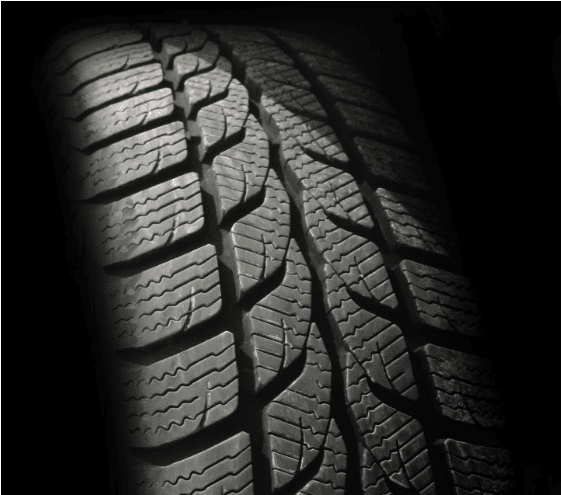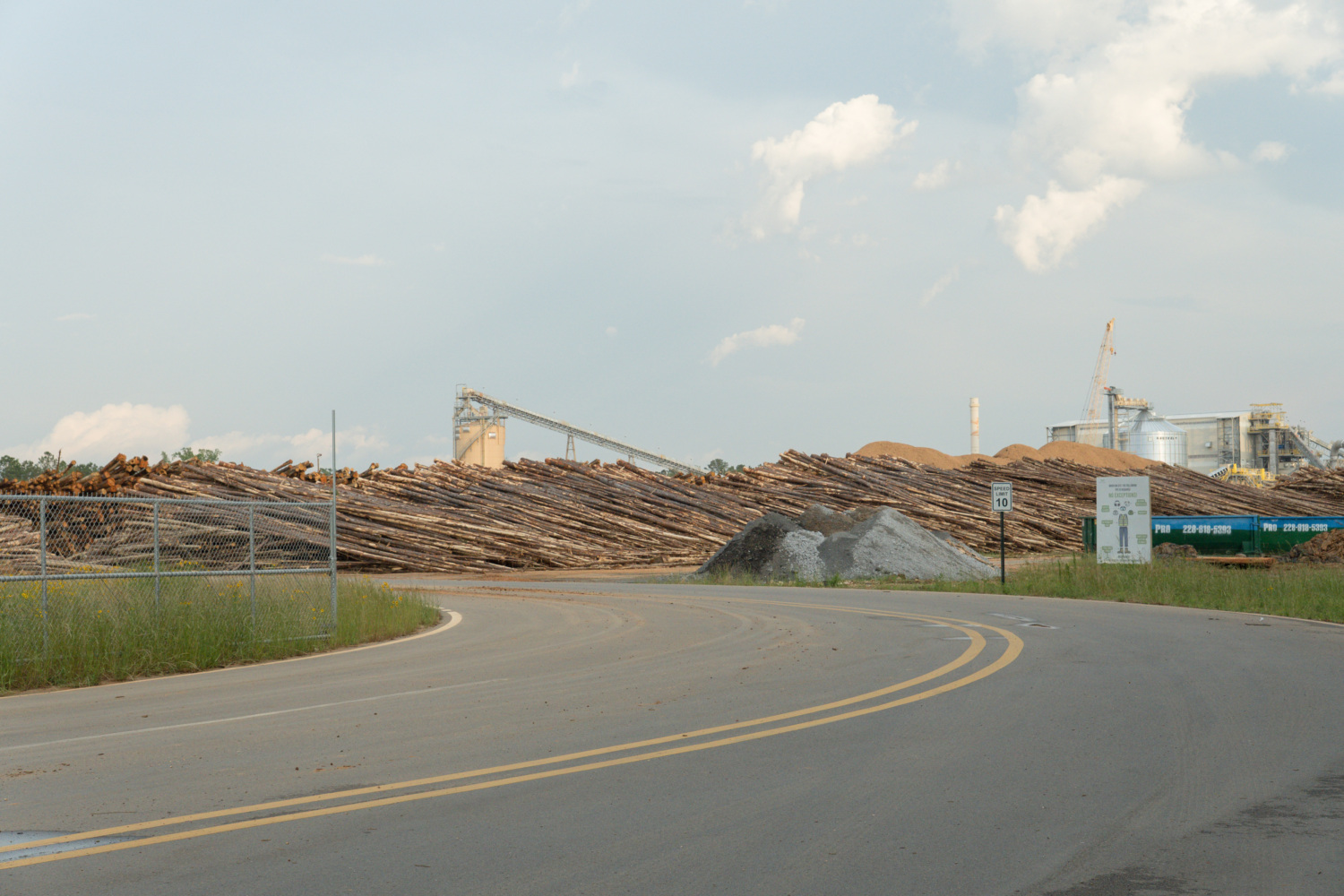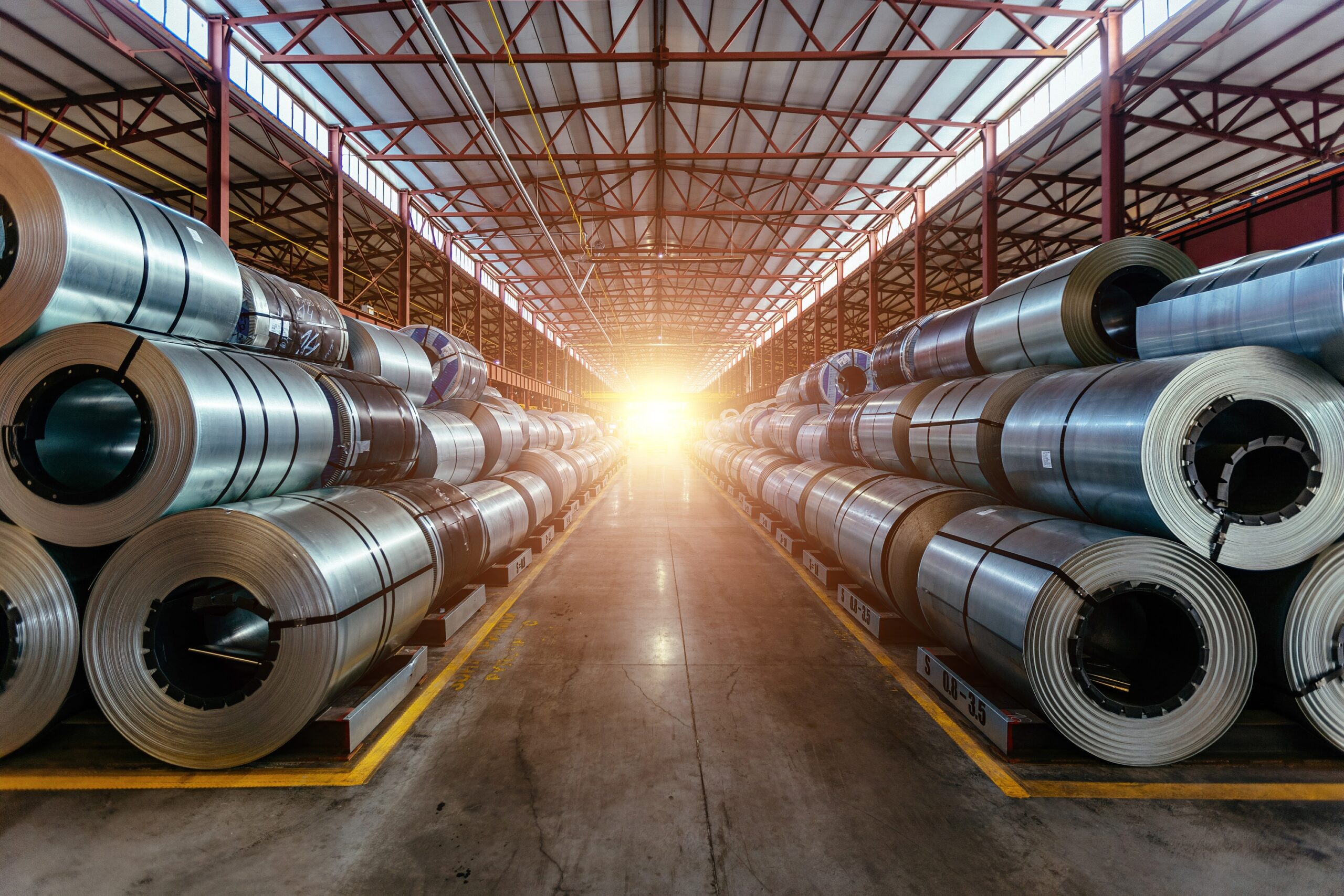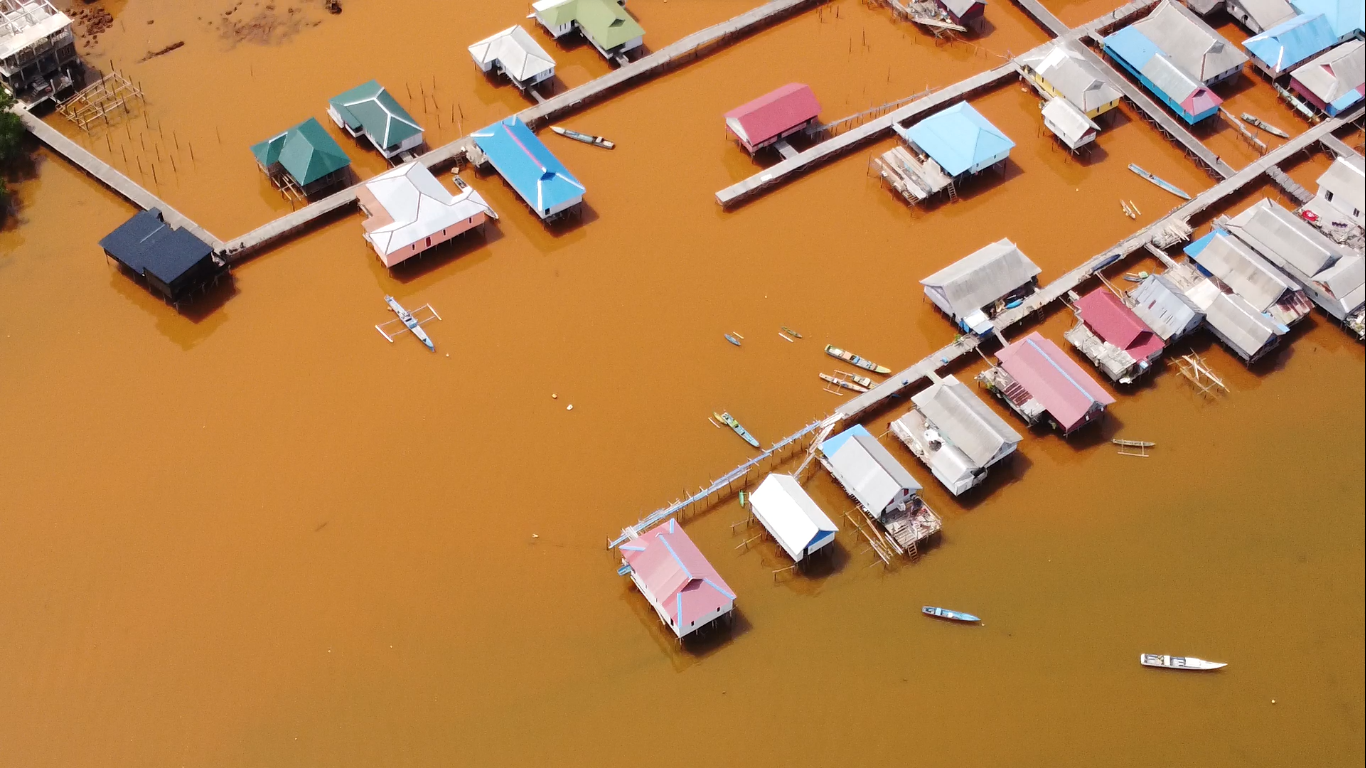
World’s Largest Tire Manufacturers Roll Backwards on Sustainability
Today, the World Business Council for Sustainable Development’s (WBCSD) Tire Industry Project (TIP) launch its long-awaited Global Platform for Sustainable Natural Rubber (GPSNR) – but sustainability advocates claim it prohibits key stakeholders like non-governmental and civil society organizations or small scale farmers from having a seat at the table. No NGOs have joined despite claims from TIP that this platform is a “truly collaborative effort.”
“What the rubber industry needs is a platform that exemplifies leadership, and from the outset GPSNR is already failing,” said Kristin Urquiza, Deputy Director of Mighty Earth. “Deforestation for natural rubber is destroying the habitats of endangered animals, displacing people, and is a growing driver of climate change. In a true leadership position, GPSNR would be aligning industry to best practices for the climate, which is also good business.”
Deforestation in rubber-producing countries like Indonesia, Cambodia, Myanmar, and Cameroon is rapidly increasing, and the tire industry accounts for 70% of rubber use around the world. Deforestation is responsible for approximately 20 % of global greenhouse gas emissions, is destroying the habitats of numerous endangered species – including tigers, gibbons, and elephants – and land grabbing associated with planting of rubber is kicking indigenous communities off the land they have lived on for generations.
Mighty Earth has advocated for tire companies like Bridgestone, Goodyear, Continental, and others to produce transformative rubber-buying polices – encouraging each company to follow an ambitious timeline to stop deforestation and exploitation in rubber producing countries as quickly as possible. To date, six companies have adopted some public policy, although most policies fall short of what experts agree is necessary to protect forests, wildlife, and communities. Advocates say this makes a Platform with teeth all the more critical.
Across commodities, the only platforms that have a track record of success are those that employ multi-stakeholder approaches. The Brazilian Soy Moratorium, for example, has sought to be collaborative and has taken steps to stop deforestation for soy by engaging all stakeholders and having accountability measures that allow industries to answer to a decision-making body that includes more than just industry members. Mighty Earth outlined key concerns in a letter sent to TIP earlier today. In contrast, the GPSNR risks being a greenwashing scheme that does little more than serve as a forum for discussion.
“As global temperatures continue to rise, people are demanding that their tires be made with rubber that is sustainably sourced,” said Mighty Earth Campaign Director, Margaret Kran-Annexstein. “The WBCSD has missed an opportunity but in the coming months could still make their Platform something to celebrate. The need for sustainable solutions to meet the global demand for natural rubber remains urgent, and we are hopeful that WBCSD will rise to the occasion.”


